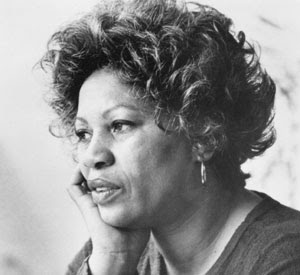Category: I first saw this in 2009, and have seen it several times since.
My thoughts: When I mentioned this documentary in the post about Lipstick Jungle, I thought how I’d like to watch it again and review it. I’m not obsessed with fashion, but I’m very interested in it. I’ve been a Vogue reader for years, and I love behind-the-scenes glimpses, so I was excited to see The September Issue when it first came out. It’s about the process of making Vogue’s September 2007 issue. I actually used to have the issue, but no more. I tend to make collages out of old magazines, so I think that’s the fate of that particular issue. Alas…
In The September Issue, we meet Anna Wintour, the editor-in-chief and General Eisenhower of the magazine, Grace Coddington, the creative director, Andre Leon Talley, Vogue’s editor-at-large, and other staff members. I was fascinated by the portrayals of work styles in the documentary. Anna Wintour is coldly efficient, whereas Grace Coddington is a little more subtle and no less determined to reach her goals. This results in a little friction between the two, but they respect each other immensely. It’s a bit like the head butting that goes on between account service and creative in the advertising world.
Anna Wintour has a reputation for being a meanie. In the documentary, she comes across as tough, but with a purpose—that is, to produce the best possible Vogue. And she shows a flash of vulnerability when she was discussing the fact that her siblings, who have careers that many would deem more “serious” than hers, are sort of “amused” at what she does. This made me warm to her. Those of us who have siblings have surely at some point been humbled by them.
Grace Coddington really shines in this documentary—along with her flaming red hair. She continually fights for creative integrity, is damn good at her job, and has such an unparalleled eye for beauty. And stands up to Anna Wintour—what a brave soul. Grace concedes that Anna’s idea of putting celebrities on the cover helps sell the magazine—although Grace doesn’t love it. But because the magazine sells, she has something in which to put her amazing work. Creative and practical—that’s Grace Coddington.
Unfortunately, we don’t see enough of Andre Leon Talley. He is the very definition of awesome. But underneath all the swagger, he’s got an incredibly sharp mind. Also, I really enjoyed listening to Sally Singer, who wrote some of the Vogue articles I love best, and who is now the editor-in-chief at T Magazine.
Great line (from the incomparable Andre Leon Talley, in one of the best scenes in the documentary): It’s a famine of beauty!
P.S. I’m still reading The Living Is Easy.

